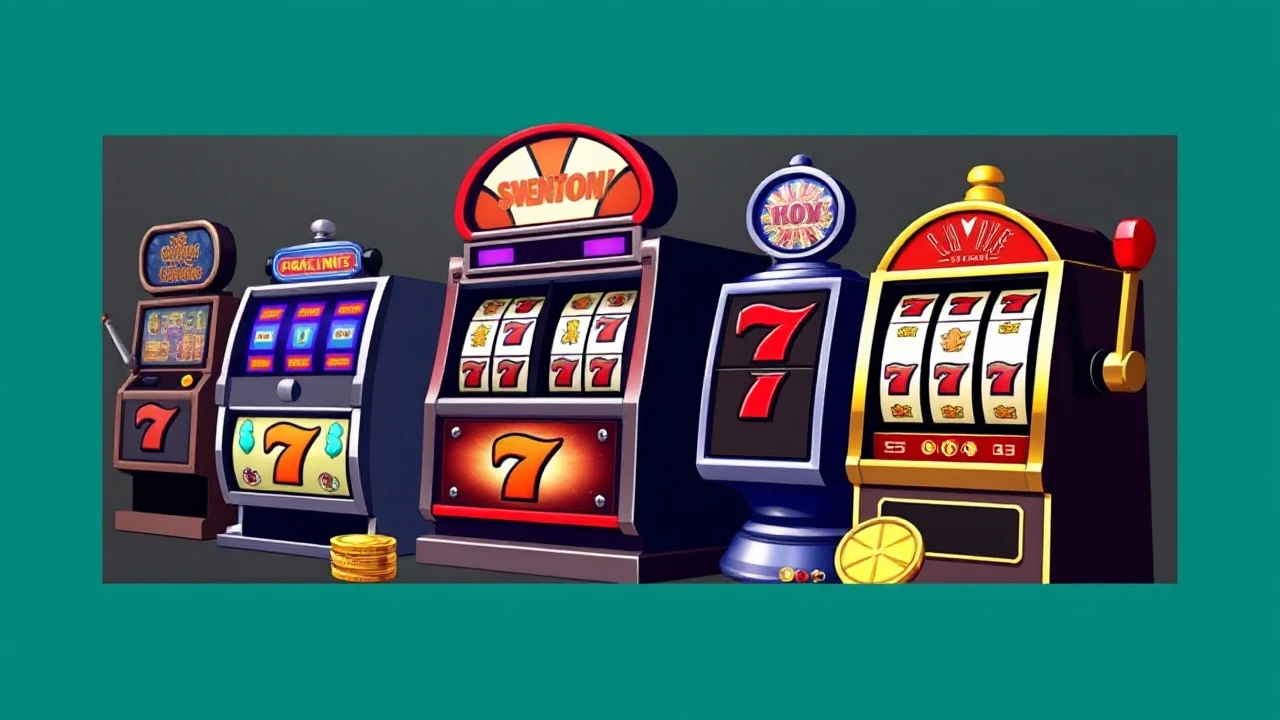
Today's Top Highlights
Discover our latest stories and insights from around the world
 Others
Others
Discover our latest stories and insights from around the world